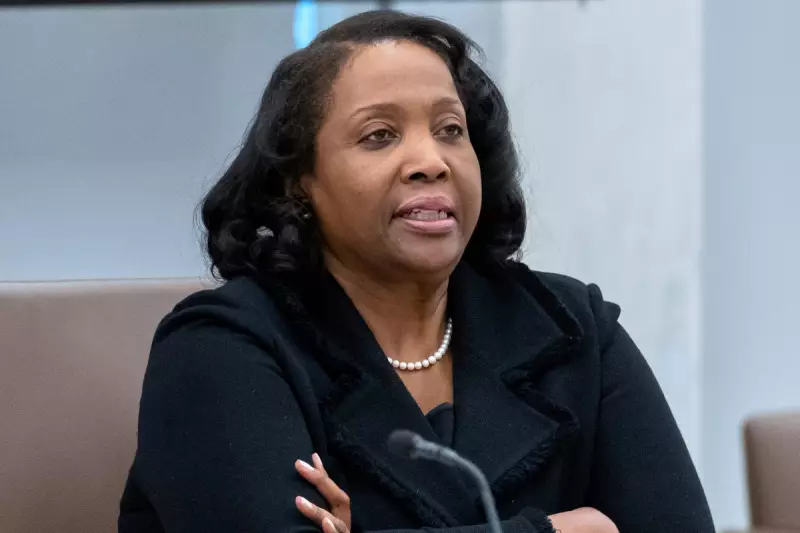
In an extraordinary intervention into political discourse, high-ranking Federal Reserve officials have issued a severe rebuke of Donald Trump's economic proposals, cautioning they represent a fundamental threat to America's financial stability.
The warnings emerged during a tense week in Washington, where Fed governors expressed deep concerns about the former president's suggested policies. Officials specifically highlighted Trump's floated ideas about imposing tariffs on all imported goods and questioning the central bank's cherished independence.
Defending Institutional Independence
Federal Reserve Governor Christopher Waller delivered particularly pointed remarks, stating that political leaders should 'just shut up' regarding monetary policy decisions. This unusually blunt language underscores the level of alarm within the institution about potential political interference.
'It's absolutely essential that the Fed remains free from political pressure,' Waller emphasised during his address. 'Monetary policy decisions must be based on economic data and analysis, not political considerations or campaigns.'
Market Stability at Risk
Analysts suggest that Trump's proposals could trigger significant market volatility and potentially reverse progress made in controlling inflation. The Fed has maintained interest rates at a 23-year high of 5.25% to 5.5% as part of its ongoing battle against rising prices.
Additional concerns have been raised about Trump's suggestions that he might attempt to influence the Fed's decision-making process or even replace current Chair Jerome Powell, whose term extends until 2026.
Broader Economic Implications
Economists warn that the policies under discussion could have far-reaching consequences:
- Potential resurgence of inflation through tariff-induced price increases
- Threats to the dollar's stability as a global reserve currency
- Risk of political interference undermining investor confidence
- Possible disruption to the delicate balance of monetary policy decisions
The Fed's unusual public stance highlights the growing tension between economic institutions and political figures as the election season intensifies, with financial stability hanging in the balance.





